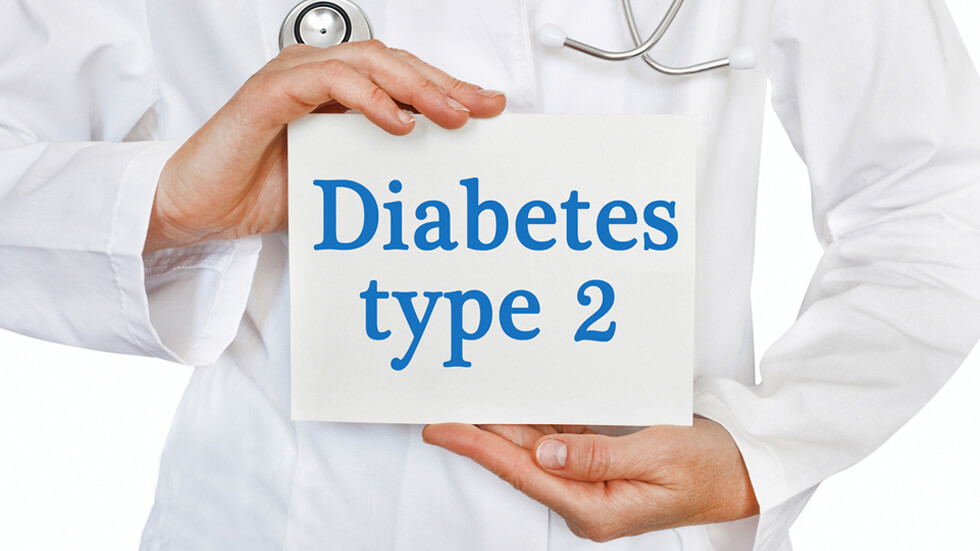


Heart disease is a leading cause of death, especially in people with type 2 diabetes. This is because uncontrolled type 2 diabetes increases your risk of heart attack and other serious heart health complications. Recognizing the signs and symptoms of type 2 diabetes is extremely important.
Type 2 diabetes is a lifelong disease that causes blood sugar levels to be higher than normal. The onset of type 2 diabetes is gradual and early signs can be so mild at first that you don’t notice them. The signs and symptoms of type 2 diabetes include-
Sometimes, diabetes affects your heart health. This is because the symptoms become more severe and potentially dangerous as the disease progresses.
Type 2 diabetes stems from a combination of family history and lifestyle. Some of the causes such as aging or family history you can’t control, others you can. Addressing controllable causative factors puts you on a path toward better health.
Factors that put you at increased risk for diabetes include
Healthy lifestyle choices may help in slowing or preventing type 2 diabetes even if you have biological relatives living with diabetes. Making changes in the lifestyle proactively is the key to a healthy body. Small simple steps play a significant role in diabetes and heart disease prevention and treatment-
If lifestyle changes aren’t enough, your doctor may prescribe medicines. Type 2 diabetes may lead to serious health concerns and long-term damage to your body if left untreated. Also, diabetes increases your heart attack risk. Monitoring blood sugar levels regularly is important. The goal is to remain within a specific range.
The only way to be sure your blood sugar level stays within the normal range is to monitor it regularly, especially if you are in a high-risk category or experience symptoms as above. Recognize symptoms of diabetes for better prognosis. Know how to avoid diabetes or keep it under control by visiting the Making India Heartstrong website.
Polydipsia (increased thirst), polyuria (frequent urination), and polyphagia (increased hunger) are three P’s of diabetes
High levels of blood sugar from diabetes damage your blood vessels and nerves controlling them. The longer your diabetes remains uncontrolled, the higher the chances that you will suffer from heart disease. If you’re a diabetic, you may develop heart disease at a younger age than those without diabetes.
Obesity increases levels of fatty acids and inflammation, leading to insulin resistance, which in turn causes the building up of high blood sugar and the development of type 2 diabetes. In short, the more extra weight you carry, the more resistant your muscle and tissue cells will become to your insulin hormone. So, weight management is important for diabetes prevention and control.
Type 2 diabetes diagnosis usually involves a blood test, hemoglobin A1c which indicates the average blood sugar level of the past three months. You can also test your blood sugar at home with a portable electronic device called a blood sugar meter using a small drop of your blood.
Type 2 diabetes is an ongoing disease. It cannot be cured but can be controlled. In some cases, it may go into the remission phase. It is important to watch out for sign and symptoms of diabetes. Through diet changes and weight loss, you may be able to reach and maintain normal blood sugar levels without medication.
Type 2 diabetes is primarily the result of two interrelated problems either cells in the muscle, fat, and the liver become resistant to insulin or are unable to use it efficiently. This leads to glucose builds up in your bloodstream.. Being overweight and an inactive lifestyle are the most common factors to trigger type 2 diabetes. You must know how to avoid diabetes by making lifestyle changes.
The American Diabetes Association recommends a blood glucose range of 80-130 mg/dL before meals and less than 180 mg/dL about 2 hours after a meal. This range should place your HbA1c under 7.